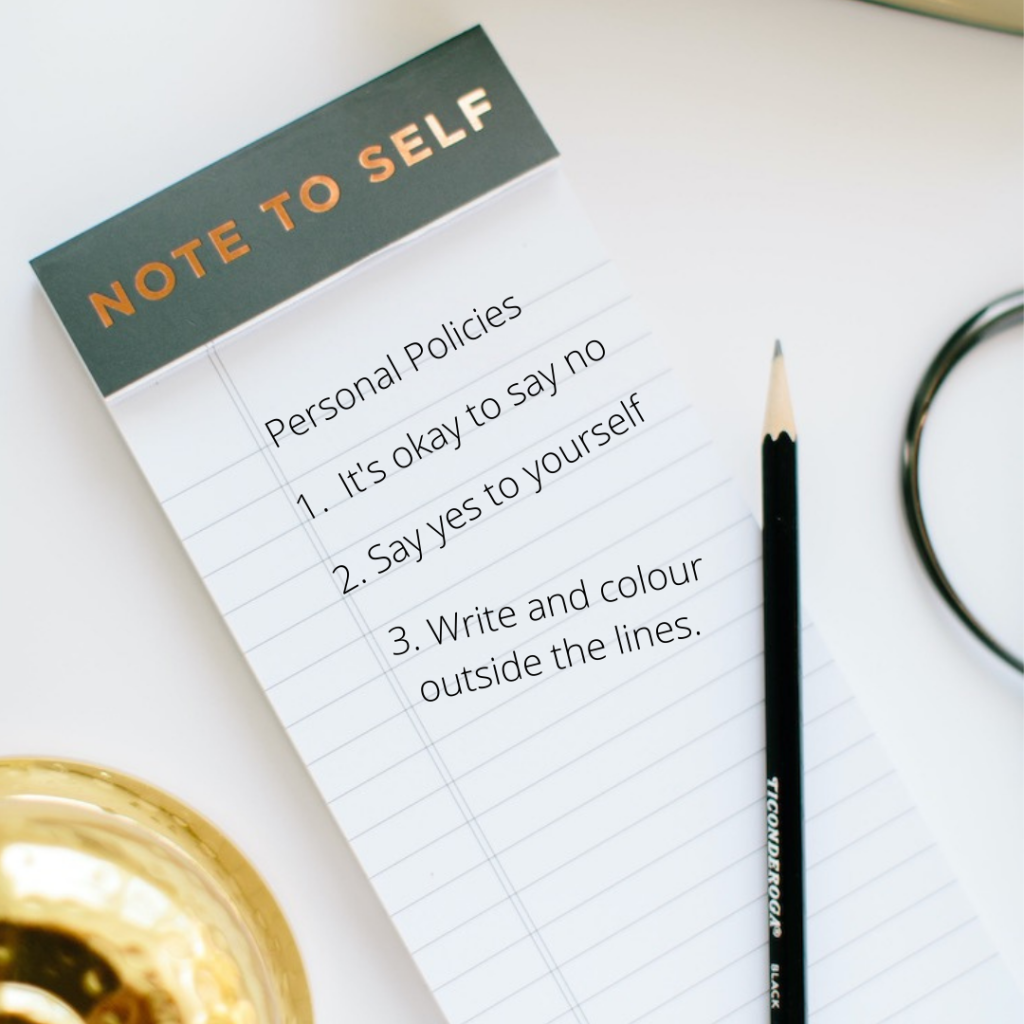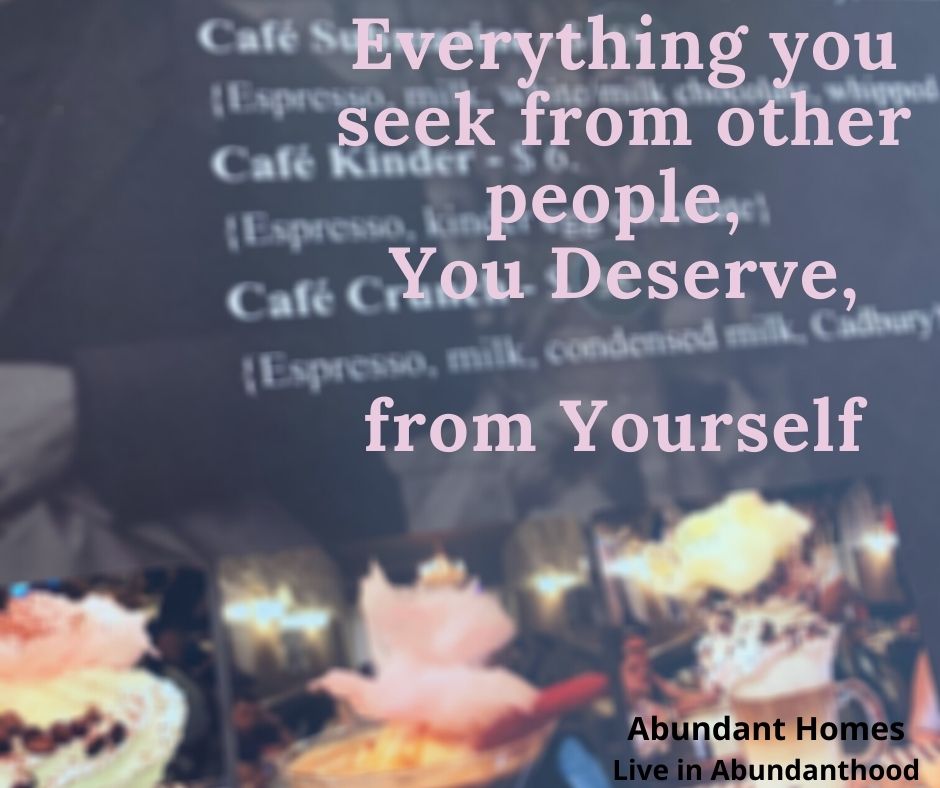Have you personally been privy to one of those astonishing situations that have gone viral on Zoom or other meeting platforms? I have not. I am content with that. I have had some frustration on zoom and that likely got me a side gig. I joined the first zoom in March, for a woman’s business group. They scheduled someone to speak on zoom etiquette and explain the buttons on zoom. I am not a technical person but I do retain information pretty well particularly in ‘here, let me show you’ format. I had been on zoom for a mastermind for a good nine months by this time so I was fairly familiar with using it, and knowing more just made me…
…a know it all. Not really. I knew what could be done and when someone struggled to find a mute button, I spoke up. When someone couldn’t see something, I put information in the chat. When people didn’t know how to save the chat, I spoke up.
Because events for ‘that’ email from California went virtual, and I was home all the time, I suddenly could attend. I spoke up, I helped out, I gave a similar ‘let me show you’ talk at the beginning of the zoom. I was asked to be cohost to mute people, because the event was being recorded. I took the job seriously. Oh you just connected to our meeting while also on the phone…..MUTE…bwahahaha…
I added value in the zoom room and learned a few things. I was then invited to be part of a workshop to do the things I was doing and to help the host…and participate, which led to another, which led to a summit and another one and a little bit of monetary compensation and another paid gig.
There are some things I have learned from being a zoom support/host assistant. Many of us have been on zoom for a long time now, some maybe not. When we have been on a long time, even with the same people we can often wonder, “Why is this so difficult to know after 10 months?” Because if you have been on zoom regularly with the same people, it is the same people who just aren’t getting it.
So what things do we hope people will learn and know? What are some points of etiquette? Keep in mind there are many different types of meetings. We have family game nights where some of these things don’t apply, and large gatherings where some things are more or less important, masterminds that are smaller and more intimate, but professional, professional meetings where we are talking to clients or partners. Here are some things to consider while on virtual meetings taking into consideration the purpose of the meeting.
- Stay muted unless you are talking. This is particularly important in a large group. The speaker is interrupted and can’t be heard over the background noise of someone not muted. Worse is the person taking a phone call or speaking to someone while the mic is on. Play is safe, mute. You can make brief comments when addressed, by pushing the space key if you are on your desktop. If you are in a small group, 2-6, being unmuted may be more beneficial for the conversation. In that situation, mute to cough, take a call, if suddenly there is background noise. Really, just be polite with your personal noise; it distracts from the event/meeting.
- Keep your camera off when you are moving around. This includes multitasking, eating, getting up to do something, blowing your nose, scratching body parts, looking around, talking to someone next to you, when there is activity behind you or not moving, but falling asleep. Movement is distraction for others. In a smaller personal group, some things may not matter and may be more fitting, like when a small child crawls on your lap or the cat crosses your line of vision.
- Dress appropriately and cover your butt. No one intentionally spills their hot coffee on their lap. If you are wearing pants, there is definitely not time to turn off the camera before jumping from your seat. Be prepared for the unexpected! No one will know you are wearing sweat pants if something happens that quickly, but they will know if you aren’t wearing pants. Aside from that, dress appropriately; dress how you would if it was an in-person meeting (at least the top of you). Keep in mind, how you show up for yourself is how you show up for others. That may be different for everyone. Consider not only how you feel about yourself, but how that person who you want to work with sees you. The great thing about zoom is the details are not always there, so oily hair and being smelly isn’t as bad on zoom as it is in person. Having said that, if your feel less than wonderful, it can create a wedge in your self-confidence. Again, it depends on what your purpose is for being in the meeting, the size of the meeting and if you need to be confident in what you are saying and presenting.
- Lights, camera, action! So much technology, so little practical use. Lighting is great if you are going to be on camera. If you are not a presenter and you are showing up from your living room, perfect lighting is not that important. If you can’t see your face when the camera is on, and you are merely a shadow of yourself it is better to keep your camera off. Being that shadowy figure is uncomfortable for others; they see an image, but they can’t read the expressions. Better to just have your name showing. The camera angle is important too. We often have a camera on the top of the computer screen. Position your camera so people see your face straight on. We may be looking at our screen a lot and that’s okay if we are a participant. If you are the presenter, you should be looking directly at the camera. If you have a separate camera hooked up, it should be where you are looking. If it is below your computer screen, everyone has an ‘up the nose’ view of you, which is rarely flattering. If the remote camera is off to the side, you appear to be talking to someone out of the room while you look at the people on the screen, and if the camera is way above your screen, it may appear you are napping. Finally action. What is in your background; is it distracting to others? Good rule of thumb is to have a wall behind you. This makes it virtually impossible for moving parts coming into play; unless you have a cat–they can be impossible.
- Engage in the meeting or event. Virtual activities can be exhausting especially if you have a lot of them or they are long. When in a meeting, and asked a question, answer, or at least put it in the chat if you simply can’t unmute because the blender. If there is a speaker, engage in the chat, comment on things related to what the speaker says, answers to the speaker’s questions, questions for the speaker for the end of the presentation. When on camera, look engaged, nod, lean in every once in awhile, take notes. If you are bored or unengaged, turn off your camera.
- Network. We have been isolating and virtual is not the same as in person. Small regular activities like masterminds and weekly meetings with the same people help with connection. Larger events and summits can have you feeling invisible in a room. We often like that; does that comfort serve us in the best way? Networking virtually in a bigger forum is not as difficult as it seems. You don’t even have to be on camera, but like real life and social media, seeing a face increases the know, like trust factor, unless you are a psychopath then it backfires :-). Engaging in the chat has your name pop up, when others engage with you, a connection begins. Put your information in the chat if it’s appropriate to share with all, for the purpose of networking; if not, reach out to someone in a private message and exchange information that way.
Finally, I want to leave you with a couple time savers if you are going to a lot of regular meetings. Use your notes on the device you normally use, putting the recurring meeting links along with passwords, in a note, so you are able to just click from there rather search in emails or other places. Put your contact information in notes as well. Write up a sentence of what you do, your company name and where people can find you on social media as well as websites, emails and phone numbers. This way you can copy and paste in the comments on zoom with little effort. And save the chat and followup on those people who also put their information in the chat.
We talked about showing up, engaging, and not being seen or heard when we are not participating. We talked about lighting and camera angles and background noise. We talked about networking, even though some may hate it. Virtual meeting will be around for awhile. Best to adapt, and while not being rude and intrusive to others, get the most out of it. And for those who have regular meetings, some time savers, because who doesn’t love to save time. What would you add to this list?










